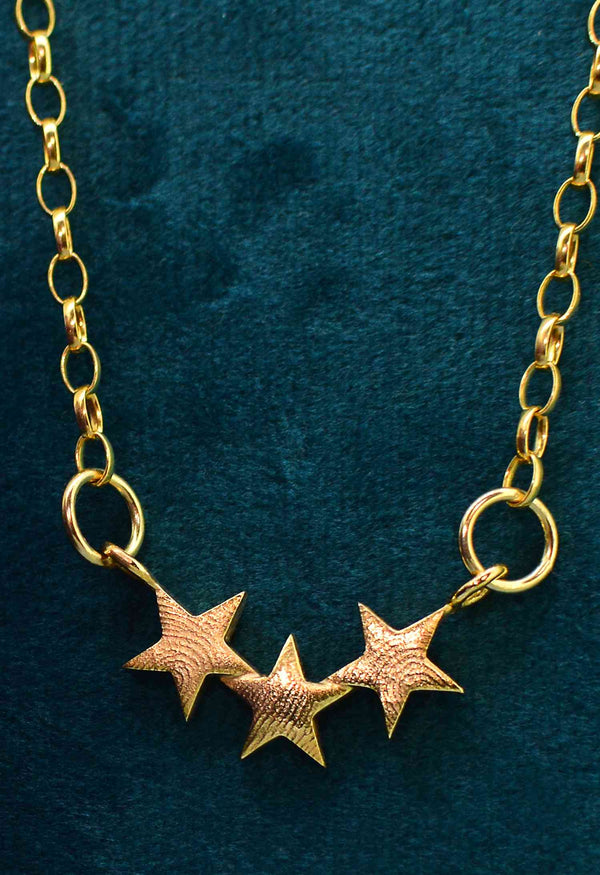Your Cart is Empty
~ Waiting List in Operation ~ Please Ask Before Ordering ~
~ Personalised jewellery to treasure forever ~
~ Waiting List in Operation ~ Please Ask Before Ordering ~
~ Personalised jewellery to treasure forever ~

10 Ways to help birds out this winter
December 15, 2018 3 min read
Most garden wildlife hunkers down for the long nap over winter, but birds are an exception.
Those that choose not to migrate to warmer climates don’t hibernate and are just as curious and resourceful as they are in the summer.
It’s definitely harder for them in winter though - there’s less food to go around and less cover to protect them from predators (basically, cats).
The human thing to do is to help them out. Helping birds in winter can involve something as simple as putting out some food or resisting the urge to cut back ivy.
If you’re happy to get out there and do a few things for nature, here’s 10 ways you can help the birds in your garden or the local woods this winter:
- Don’t cut back your foliage
Small birds use foliage and ivy for cover in bad weather, as well as to forage. They hop or fly between points for shelter and to find food. Resist the urge to cut back your foliage, ivy and bushes, and you’ll immediately help birds out.
- Get yourself a tall bird house
House cats are a bird’s worst nightmare. They’re stealthy, fast and unmerciful. A triply bad combination for a defenceless birdie. You can help birds out by giving them the opportunity to perch up high in your garden in a bird house. Cats can’t reach the top easily and birds will have a much better vantage point to survey the area. You can also hang food off your house and put treats inside for birds to feed on.
- Fat blocks
Make up some fat balls with lard, beef fat, suet or peanut butter and put them in wire cages. Birds can feed from these. Another way you can do it is by pouring melted fat into a coconut shell and drilling holes in it (once it’s set). Avoid using plastic nets for fat blocks because woodpeckers and other animals can get their tongues caught.
- Seeded fat blocks
Although fat by itself provides essential nutrition and calories for birds, most species will benefit from the introduction of seed. You can mix seeds or nuts into your fat blocks to create a balanced, nutritious meal. Chopped up unsalted peanuts are perfect, or you can get a specially made wild bird seed mix for around a fiver.
- Insect fat blocks
While all birds like a bit of fat, not all of them like seed. Some birds, including finches, eat insects. So, why not make up some insect fat balls? You can collect dead insects yourself (if you really want to) or buy insect fat balls in. Both are fine and will go down a treat.
- Sunflower heads
If you can source some dried sunflower heads, sparrows, finches and nuthatches will absolutely love you. These little birds love nothing more than prising seeds out of sunflower heads. You can go one step further by adding a little suet to the head.
- Fruit
Scatter chopped up fruit over your lawn and you’ll quickly see thrushes and blackbirds fly in. These birds love fruit because of its high sugar content. They also enjoy prising the seeds out of fruits like apples, oranges and pears. Just make sure the fruit is soft (over ripe) so the birds can get their beaks stuck into it.
- Bacon and cheese
If you don’t have any fat balls or blocks, toss out some finely chopped bacon rind and cheese - it’s perfect for wrens and other small birds. Wrens love the fatty content of these foods. Any old cheese is fine. It’ll get eaten up in no time.
It's usually a good idea to put foods like this high up out of the way and in come kind of wire cage, otherwise, all you'll end up attracting will be local cats or even the odd rat.
- Plant berry and fruit trees
If you have space in your garden, berry and fruit trees will make all the difference for birds come winter. By introducing these, you also help the seeding process (the birds eat the fruit, poop it out and thus complete the seeding process). Elder trees and Cotoneaster frigidus are excellent options with juicy berries.
- Make a windbreak
If you live in a windy area with little cover, making your own windbreak is an excellent way to help passing birds out. You only need an old Christmas tree and a few heavy logs (or sand bags) to get the job done. You can use anything to make the windbreak so long as it’s kind to the environment. Wood is perfect.
Leave a comment
Comments will be approved before showing up.
Subscribe
Sign up to get the latest on sales, new releases and more …

Join the Club
WE'RE SO PLEASED TO SEE YOU!
Stay a while and look around.
While you're here, why not subscribe to our newsletter?We'll give you £20 off your first order, VIP access to new products, and access to our very special sample sales.We promise not to annoy you (honest).
